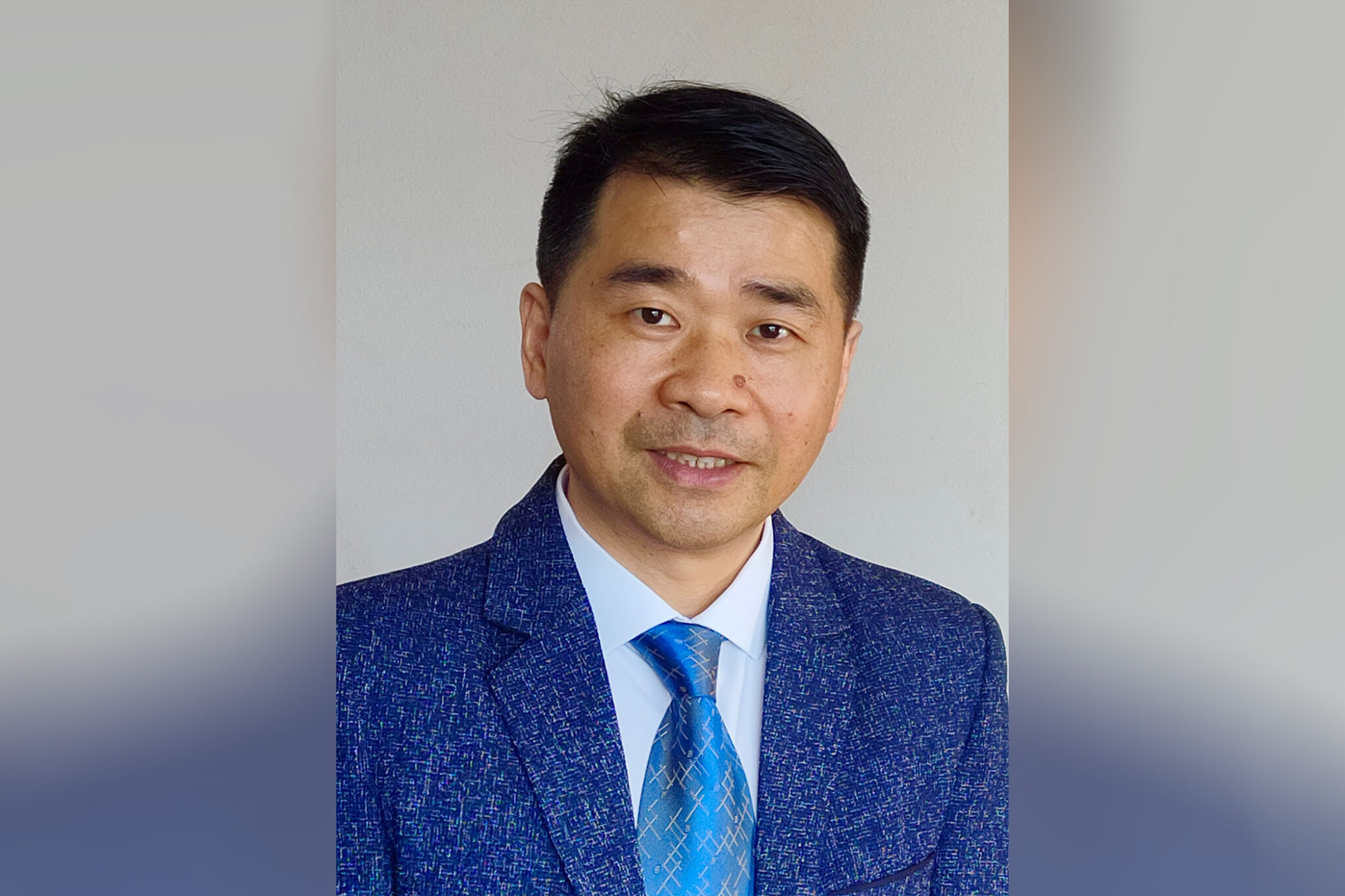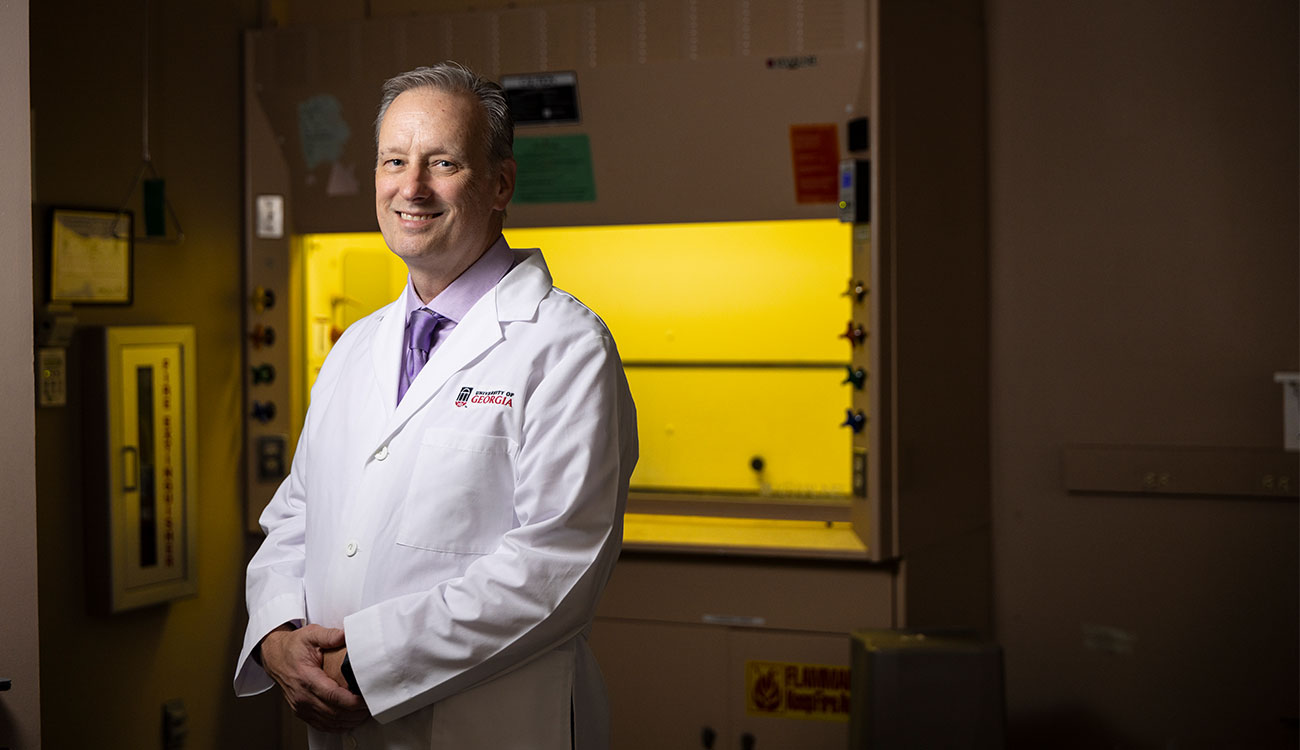In the fall, many gardeners are enthusiastic about their success over the past growing season. Others aren't so successful but are just as enthusiastic about next year.
As every true gardener knows, next year is always going to be the year. New plants will be available. Soil fertility will be much better. Water will be plentiful. The weather will cooperate with a long, cool spring and a mild, Georgia summer. And insects, weeds and diseases will be nonexistent.
In gardeners' minds this is all true. I think all of us are eternal optimists.
How to Achieve It
How do you actually achieve that? Look at what you did this year in the garden. It makes no difference whether you grow perennials, vegetables, bulbs or whatever.
Soil is the key ingredient. Was the soil growing condition a problem? You have from now to next season to work on digging, amending and generally improving it for next year. For soil improvement, think:
- Compost for organic matter.
- Manure for fertility and tilth.
- Raised beds with customized soil for problem areas or special plants.
Water is the No. 1 limiting factor in growth. Without it, nothing happens in the plant. Nutrients aren't taken up or moved within the plant. For better water use, think:
- Drip irrigation.
- Xeriscaping.
- Plant selection for pest resistance.
- Frequent checking and early control.
- Weed control to reduce pest hiding places.
As Miss Thompson, my third-grade teacher, often said, "Put on your thinking cap, and it will come to you." How right she was.
Get a cup of coffee or glass of iced tea and sit down, put on that thinking cap and analyze the situation. Then take the action needed to be the best gardener possible.






